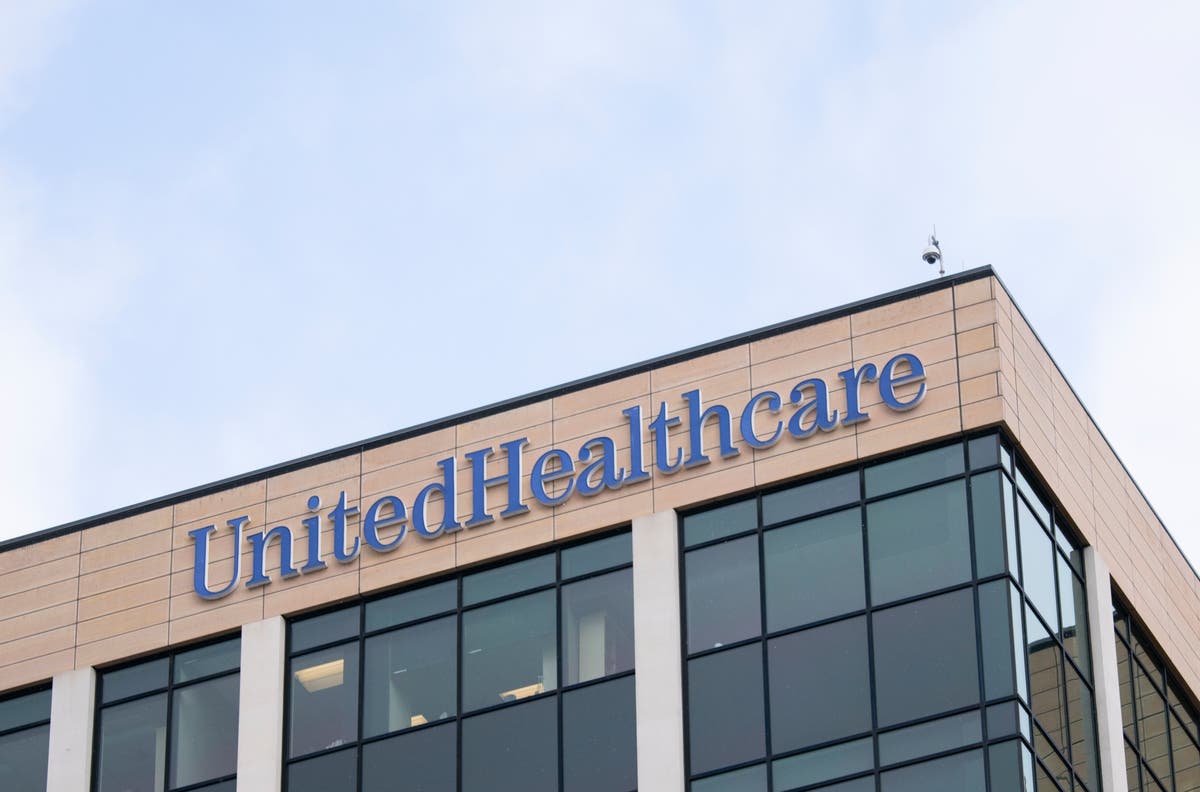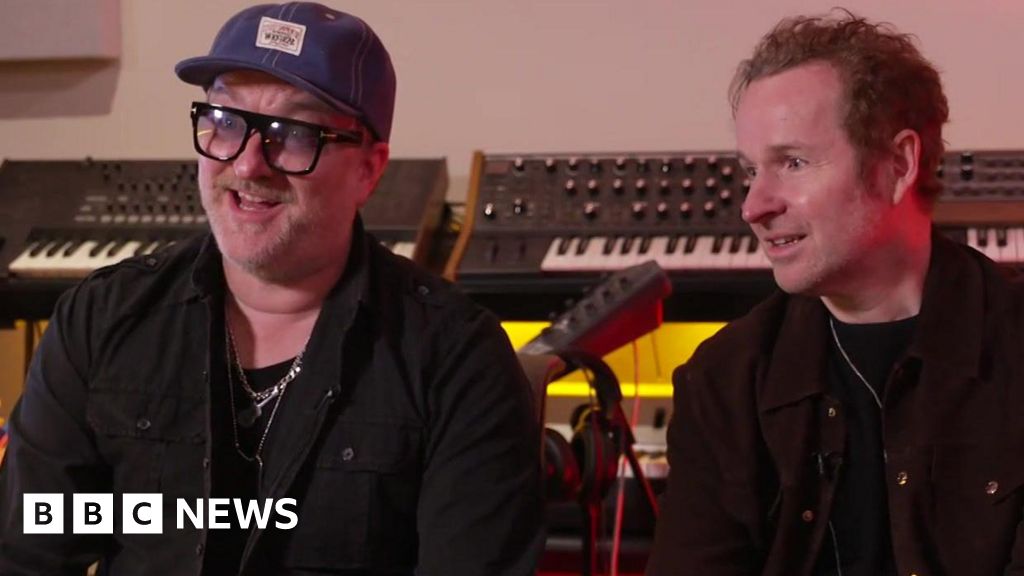Police are searching for a masked gunman who shot and killed UnitedHealthcare CEO Brian Thompson outside of a Midtown Manhattan hotel on Wednesday.
New York Police Department chief of detectives Joseph Kenny said after the shooting that the killing was “not a random act of violence” and appeared to be a targetted attack.
Thompson’s wife told NBC News that her husband had recently received threats from angry customers, which she thought may have related to a “lack of coverage.”
“I don’t know details,” Paulette Thompson told NBC News. “I just know that he said there were some people that had been threatening him.”
UnitedHealthcare is the largest insurer in the United States and is connected to a network of more than 1.3 million physicians and care professionals across nearly 7,000 facilities.
Its parent company, UnitedHealth Group, is one of the largest corporations in the country, with a market capitalization of more than $560bn. Its size puts it on par with major US financial institutions and tech companies, rather than just its peers in the health space.

UnitedHealth also owns Optum, one of the major pharmaceutical benefit managers in the U.S.
The Minnetonka, Minnesota-based conglomerate has grown steadily since its founding in 1977 and has an estimated 439,000 employees. It earned $372bn in revenue in 2023, and is associated with one in 10 doctors in the U.S.
The company has approximately 2,200 subsidiaries, through which an estimated five percent of U.S. gross domestic product flows every day.
UnitedHealth Group’s size has attracted the attention of authorities.
Last month, the Justice Department and four states sued to block UnitedHealth Group’s proposed $3.3bn acquisition of Amedisys, a Louisiana-based home health company, that would allow UnitedHealth to expand further in-home care and hospice. It already owns LHC Group, one of the largest home care companies in the country.
Critics have argued UnitedHealth functions more like a utility than a corporation.
“I think at this point we would consider UnitedHealth Group just kind of like … core health infrastructure at this point in America,” Matt Stoller, author of Goliath: The Hundred Year War Between Monopoly Power and Democracy, told CNBC last year. “It’s too big to manage.”
UnitedHealth Group CEO Andrew Witty testified in Congress in May, after a cyber attack on another of its companies, Change Healthcare, which manages a third of all U.S. patient records, suffered a cyberattack in February that hamstrung large portions of the healthcare system.
During the hearing, Senator Elizabeth Warren, Democrat of Massachusetts, called UnitedHealth “a monopoly on steroids.”
The company has insisted that despite its size, it owns no hospitals in America or drug manufacturers and that the healthcare industry remains highly segmented.
In February, the Department of Justice launched an antitrust investigation into UnitedHealth, according to The Wall Street Journal.
Last November, a class action suit accused UnitedHealth Group and a subsidiary of illegally using an algorithm to deny rehabilitation care to patients with government Medicare Advantage plans, despite allegedly knowing the algorithm had a high error rate.
UnitedHealth has sought to dismiss the suit and argues the complaints are meant for the Medicare appeals process.



